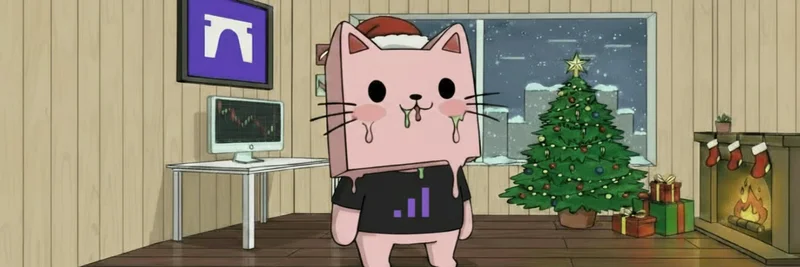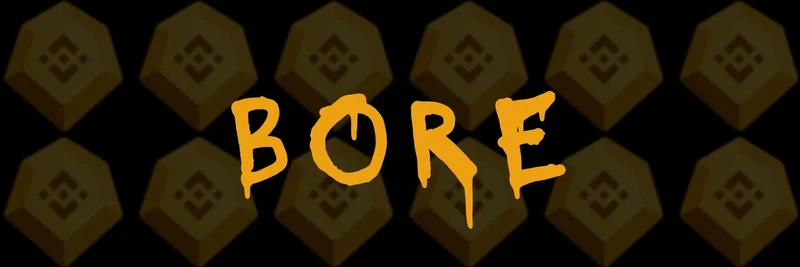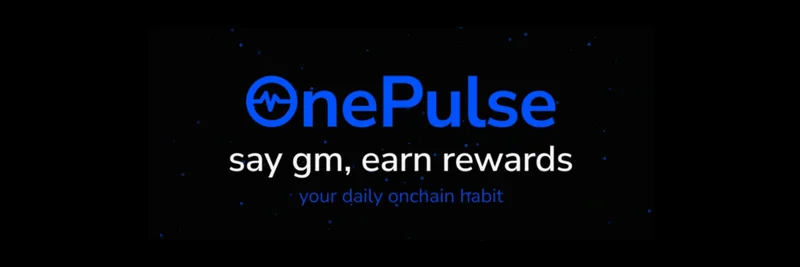In the ever-evolving world of blockchain, one voice that's been ringing loud and clear is that of MartyParty, a crypto commentator and macro analyst. His recent tweet hits hard on a core principle of blockchain tech: eliminating single points of failure. If you're new to this, a single point of failure is basically any weak spot in a system that could bring the whole thing crashing down if it breaks. Think of it like a chain where one bad link ruins everything.
MartyParty argues that every corporate or government-backed blockchain project is inherently flawed because it's controlled by a single entity. These ventures, he says, are all about "rent seeking"—a fancy term for trying to grab a bigger slice of the pie without actually baking a bigger pie. They're designed to own the network and, by extension, own you as a user. But blockchain's magic lies in decentralization, spreading power so no one player can dominate or fail the system.
He draws a killer parallel to the dot-com era of the late '90s and early 2000s. Back then, big companies dreamed of owning their own operating systems and even their own versions of the internet. Remember AOL's walled garden or Microsoft's pushes? They all flopped spectacularly. What won out? Open-source heroes like Linux for OS and the public, open internet we all use today. No single company could bottle that lightning.
Fast-forward to crypto, and we're seeing the same playbook. Corporations and governments are scrambling to launch their own chains and stablecoins, fighting tooth and nail to maintain control. MartyParty warns they're not going down without a scrap, but history suggests they'll lose. Open-source, public blockchains will prevail, just like they did before.
Now, how does this tie into meme tokens? Meme coins like Dogecoin, PEPE, or the latest viral sensations thrive precisely because they live on decentralized networks like Ethereum or Solana. These public chains have no overlords dictating terms or extracting rents. When corporate blockchains inevitably stumble—due to regulatory hurdles, internal failures, or just plain inefficiency—it funnels more innovation and capital back to the open ecosystems. That means more liquidity, more community-driven projects, and bigger opportunities for meme tokens to moon.
Take Solana, for instance, which has become a hotspot for meme launches thanks to its speed and low costs. As MartyParty implies, the push for "their own chain" by big players only highlights why decentralized alternatives are superior. Meme insiders should watch this space closely; the failure of centralized ventures could spark the next bull run in community-powered tokens.
MartyParty ends with a mic drop: "Remember this post." If the dot-com parallels hold, we might be quoting him for years. In the meantime, stay decentralized, folks—it's not just smart engineering; it's the future of finance. If you're diving into meme tokens, check out our knowledge base on top Solana memes or decentralized finance basics to level up your game.




